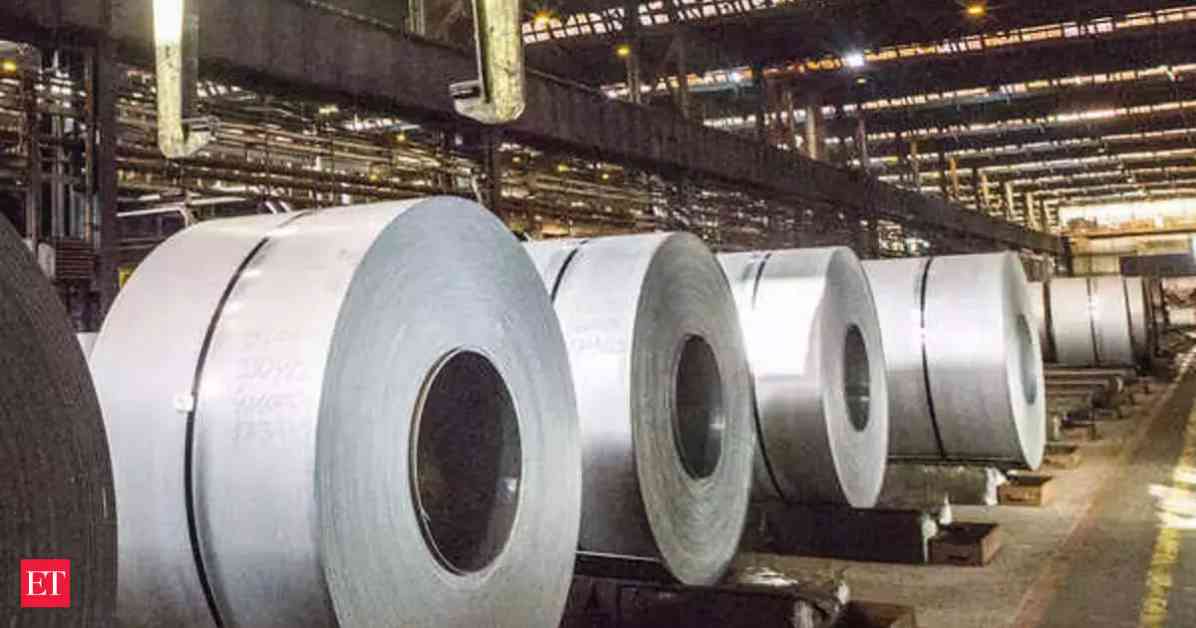A panel established by the steel ministry has proposed a coordinated pricing strategy for domestic steel companies. The goal is to prevent mispricing caused by faulty indices. The panel recommends that coking coal buyers disclose their import prices to promote transparency and coordination among buyers.
To address the issue of volatility in imported coking coal prices and to protect domestic companies from price manipulation by overseas players, the panel suggests developing a domestic index for coal pricing. This move would help in comparing import and export prices of coking coal.
The current indices used for determining coking coal prices are mainly based on spot purchases, which represent only a small portion of the total market. These prices are then extrapolated to long-term deals, which comprise a larger share of the market. This can potentially lead to price manipulation, as noted by a senior government official.
Australia, the United States, and Singapore are the primary suppliers of coking coal to India, with demand for the commodity decreasing from the previous fiscal year. The value of imported coking coal dropped by 13.17% year-on-year in April-May.
Despite a 4.85% increase in total coking coal imports to 10.46 million tonnes in April-May compared to the previous year, the total value of imports decreased to Rs 21,913.31 crore from Rs 25,237.93 crore. This discrepancy underscores the importance of establishing a reliable pricing mechanism.
The proposed coordination plan involves each steel company purchasing coal independently while sharing price information through a task force facilitated by the ministry. This collaborative approach aims to create a more accurate and transparent pricing structure for coking coal in India.
By implementing these recommendations, the domestic steel industry can mitigate price distortions, prevent instances of panic buying, and ensure a fair and competitive pricing environment. This initiative not only safeguards the interests of Indian companies but also fosters a more stable and sustainable market for coking coal.

